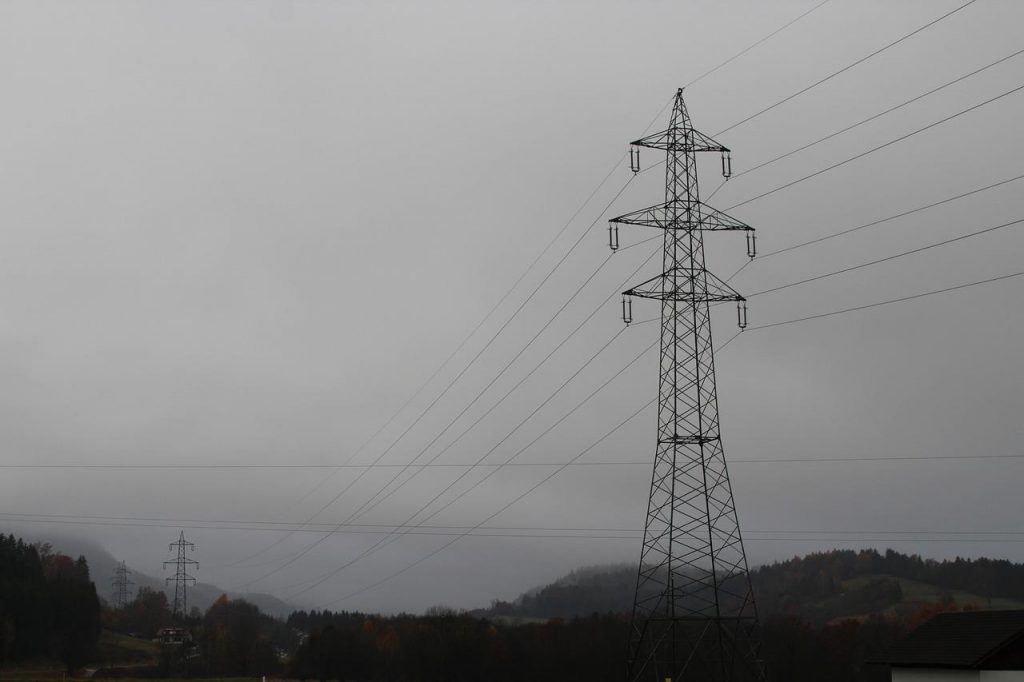Why Electric Car Charging Is Getting Extremely Expensive
Due to a lack of infrastructure, state-unique power grid challenges, and a hyper-inflated economy, electric car charging costs are skyrocketing.
This article is more than 2 years old
The electric car industry is being forecasted to increase by around 31,000 units in the next few years. Additionally, electric car charging costs are already increasing. With some states, like California, already announcing the banning of selling gas-powered vehicles, an already strained electrical grid, and a constant increase in demand for electricity, it doesn’t come as a shock that there is a rise in electric car charging costs.
Recently, in the United States, high inflation has been felt in nearly every sector. Housing costs, grocery costs, oil and gas, and even basic utility costs have skyrocketed. The global supply chain disruption has also created a ripple effect that is negatively impacting the economy, adding to the rising cost of everything. Electric companies are increasing demands, increasing the costs for operation, and making it nearly impossible to install charging stations, even as the demand increases.
All these factors combined are contributing to the increasing electric car charging costs. In some states, like Texas, residents are constantly being advised to conserve their electricity use. In the scorching summer months, with temperatures rising above 100 degrees, residents were asked to increase their thermostats to 85 degrees while they are not home.

Texans were even asked to limit their washing machine use and experienced rolling blackouts from power companies, leaving residents without power for hours to even days at a time. With such a weak electrical grid, no wonder electric car charging costs are on the rise.
In comparison to the cost of gasoline, which is at an all-time high, electric car charging costs are nearly the same and in some cases, cost even more than their gas counterpart. The push toward electric cars comes down to two factors. Those factors are that they are cleaner for the environment and that electric car charging costs would essentially be cheaper than gasoline-powered cars.
However, both of these factors are proving to be questionable. The economic crisis currently taking place in the United States that is driving up prices, including energy costs, is deterring people from committing to electric vehicles. The electric charging cost for electric vehicle owners to charge at home has gone up by about 45% in the last year alone and prices have increased even higher for public charging stations.
The disruption to the supply chain is also a contributing factor to the increase in electric car charging costs. Necessary parts to build and repair charging stations are coming harder to come by as the supply chain disruption is still being sorted out. While electric vehicle owners are being encouraged to charge more during the day, perhaps while at work, it leaves them feeling defeated as there are few public charging stations and the available stations are at an all-time high.
With more and more electric vehicles being produced, essentially being marketed as better, and the ban of gas-powered vehicles, pushing consumers to purchase electric vehicles, consumers will have to hold their breath in hopes of a price break. Electric car charging costs should be affordable to consumers, especially as the ban on gas-powered vehicles takes over.





